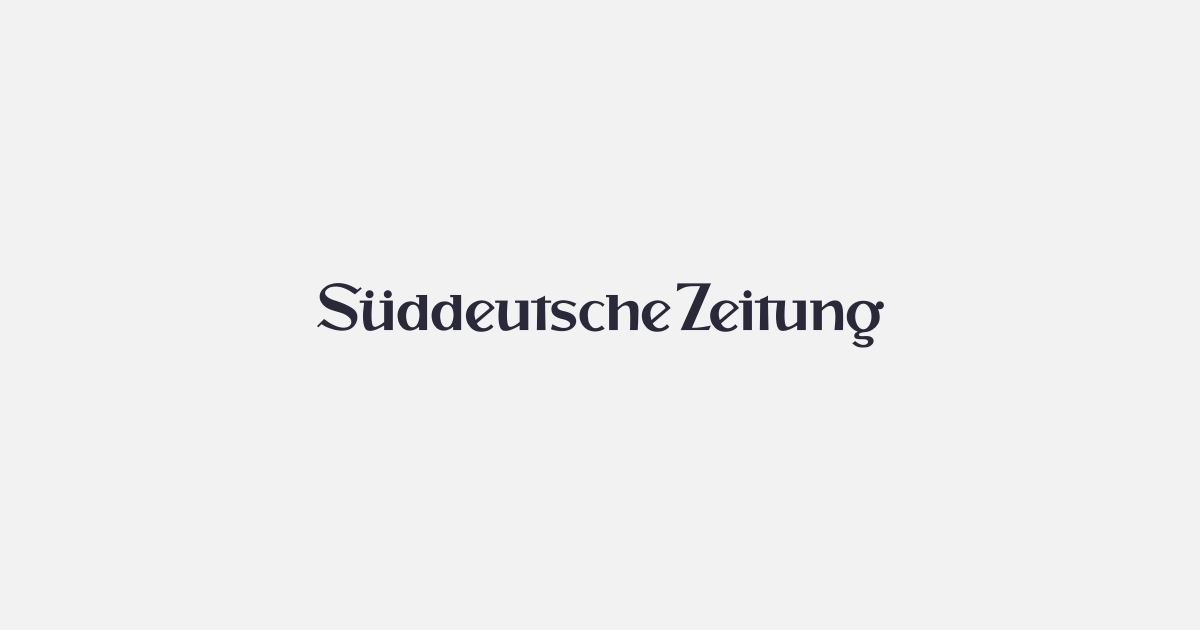LETA is aware that the responsible authorities are currently actively preparing proposals for Friday’s government meeting, which is scheduled to decide on the declaration of a state of emergency. There are a number of significant restrictions on public life among the proposals, so they are expected to be hotly debated and the final regulation to change. Discussions on the proposals in the Inter-Institutional Coordination Steering Group are also expected before the government meeting.
The proposals at the disposal of the agency LETA show that in Latvia, with the declaration of a state of emergency, all organized public events in person could be canceled and banned, regardless of the number of visitors and economic services related to entertainment, culture, exhibitions and well-being.
Among the proposals is a proposal to limit gatherings at private events to a maximum of ten people and no more than two households at a time. The exception would be a funeral.
Experts also recommend restricting outdoor meetings, processions and pickets to no more than 50 people at a time. A similar regulation was already in place during the emergency in the spring.
Experts suggest that cultural, sporting, entertainment and religious activities, as well as public catering establishments, could be allowed to start work no earlier than 6 am and be open no later than 7 pm during an emergency. On the other hand, after 19:00, public catering establishments could serve food only for take-away.
With the declaration of a state of emergency on weekends and public holidays, only food, optics, animal feed, hygiene and household goods stores, as well as construction goods stores could be allowed to operate in the country. The exception would also apply to pharmacies.
In places where religious activities are not organized, it will be necessary to ensure that no more than 50% of the total possible number of people allowed by the area of the premises is located at the same time. This is in line with the regulation already in force.
With regard to education in Latvia, it is proposed to continue the regulation currently in force until mid-November, ie full-time studies could be continued only in pre-school education and general basic education programs from 1st to 6th grade, as well as in the practical part of higher education and clinical practice training would continue remotely.
As at present, exceptions would apply to special education institutions and classes for students with severe intellectual disabilities.
With regard to sport, it is proposed to assess whether it is necessary to ban all sporting events – competitions and sports games. Sports training, on the other hand, would be allowed only outdoors, with no more than ten people gathering in one training group at a time. Also, training could continue individually or remotely.
Exceptions for training would be Latvian adult teams, athletes from the Latvian Olympic team and the Latvian Paralympic team, as well as sports trainings for adults from team sports games.
The responsible authorities offer the widest possible use of written procedures and remote proceedings in courts. Experts suggest that during the emergency, court hearings should be held in person only in urgent cases, but if a remote trial is not possible, the case would be postponed until the Covid-19 situation stabilizes.
With the declaration of a state of emergency in Latvia, the transfer of persons who have been sentenced to temporary imprisonment could be suspended.
If the experts and the government decide on the above proposals, then the regulations of the Cabinet of Ministers on epidemiological safety measures to limit the spread of Covid-19 infection will still be in force in Latvia. These rules already regulate various restrictions on the population, such as the use of masks in public places.
As announced, in order to limit the spread of Covid-19 in Latvia, the government will decide on Friday to restore the emergency situation in Latvia from next week.
If the government decides to declare a state of emergency, it will take effect on Monday, November 9. According to Prime Minister Krišjānis Kariņš (JV) on Tuesday, it is not known how long it could last. “If the government makes a decision, the duration of the emergency will depend on how well the country manages the disease,” the prime minister explained.
The law states that an emergency situation is a special legal regime, during which the Cabinet of Ministers has the right to restrict the rights and freedoms of state administration and local government institutions, natural and legal persons, as well as to impose additional obligations on them.
The Cabinet of Ministers declares a state of emergency for a definite period of time, but not longer than three months. The state of emergency can be lifted by the government ahead of schedule if the threat to the state has been prevented or overcome. Depending on the type and intensity of the threat, the government may declare a state of emergency throughout the country, in a part of the country, in a part of the administrative territory.
For violation of restrictions or prohibitions established during an emergency situation, the law envisages imposing a fine on a natural person from ten to 2,000 euros, but on a legal person – from 140 to 5,000 euros.




